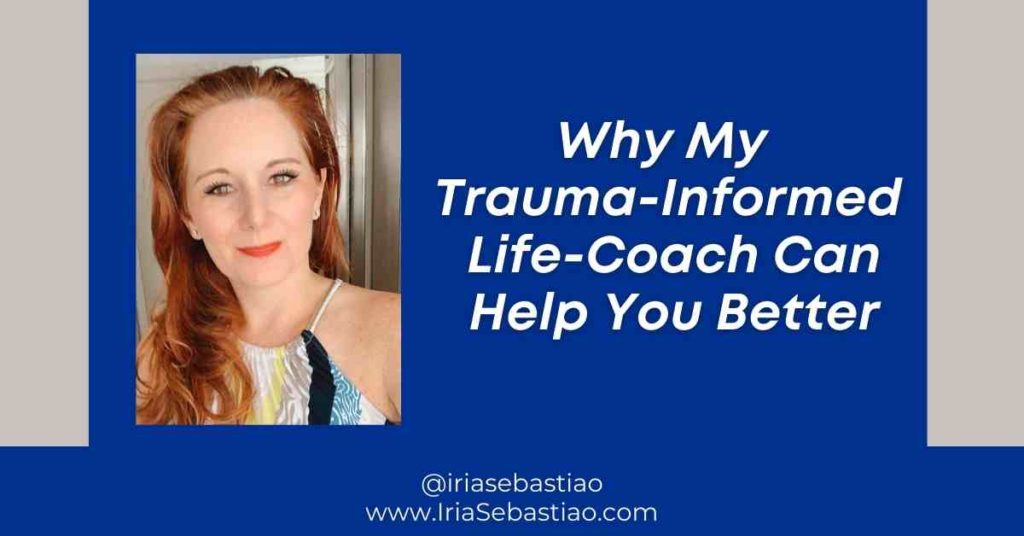Below is a message I wrote to a mother asking for advice because she was concerned about her 12-year-old son. She felt that he was being distant from her, as he was becoming a teenager. I am sharing this message because it is a common concern, and it may help other moms and dads.
“I am sorry you are feeling your son more distant. It’s important to observe and monitor, but it is not necessarily something to be alarmed about.
I was a child and teen therapist for a while. I had quite a few of those quiet boys as clients! They can be challenging to get in!
To start, it’s typical of the teen phase to be seeking differentiation from the family of origin and seek connection and validation with new “groups and tribes.” They explore who they can be in the world, separated from their family. That is healthy! It is part of the development to become a healthy and independent adult. (Otherwise, they can become those men that are mama’s boys and can’t do anything without approval. Who wants to date those?)
The teens seek different interests, often contrasting with what they are used to in the family. That is why we perceive them as rebellious. But, that is not necessarily a confrontation; it is a curiosity for other possibilities.
The new interests are not usually dangerous (life-threatening dangerous). But they can feel “rebellious” to the parents because they may be different from what the family is used to – heavy metal versus classical music, for example. But, yes, they can get into danger, and it is good for them to have an adult that they feel safe to open up to (parents, family friend, mentor or a therapist).
Moms (and dads) who have been very present and protective of their children can strongly feel this phase, even as a painful rejection. Now, the little boy who did everything to make mom (or dad) happy is changing. He doesn’t like family activities anymore, and he wants to be in his room, chatting with peers. It is hard for both of you. He does not want to disappoint mom (or dad), but he wants to explore the world in his way and discover what else is possible beyond the views of his family. Mom wants him to be as close as before, but he will not. Mom needs to trust that she is doing a good job guiding him to make good choices.
For many moms (and dads), therapy could help navigate this phase because many emotional old wounds can be triggered: rejection, abandonment, neglect. Also, it is an opportunity to heal those wounds for those who find a different (and healthier) way of navigating pain and these insecurities.
But, how can you aim for more connection in this phase?
* One way is to show genuine interest in what he is interested in, without judging or giving opinions- just being curious. Ask him about his interest in music, bands, games, sports, books, tv shows, etc. Just listen to what he says, asking some questions – not too many. Be genuinely interested, not fishing for information or a moment to give your opinion. Teens can easily catch when we are being manipulative!
* Create a safe space where he can express himself without receiving a lecture, example, or advice. Nobody, at any age, likes that kind of interaction all the time! Especially teens.
* When appropriate, occasionally tell, share or show something from your teen times. Talk about funny things, challenges, fears, etc. Indirectly, aim to normalize his fears, insecurities, curiosities. Eventually, it can pay off!
* It can take time, gentleness, and genuine interest until he opens up more about his feelings or vent about something. When he does, ASK if he just wants to talk and figure things out on his own, or if he wants a piece of advice or your perspective. If he doesn’t want advice, bite your tongue, and hold it. Just let him know that you are there for him when he needs it.
The teen phase is challenging for the whole family
It is a lot of changes on many levels: hormones, emotions, level of independence, responsibilities, and more.
📚 An excellent book to cover a lot of it is by Dan Siegel: “Brainstorm, The Power and Purpose of the Teenage Brain.” You can find videos about it too.
📚 Another great book is “How to Talk So Teens Will Listen and Listen So Teens Will Talk,” by Adele Faber & Elaine Mazlish.
Best wishes and be kind to yourself!”
If you have challenges with parent-child relationships and want support in this process, request an appointment here.
I am Iria Sebastiao, Spiritual Life Coach and I help people achieve their goals while they heal emotional wounds and learn how to live with more love and lightness.



